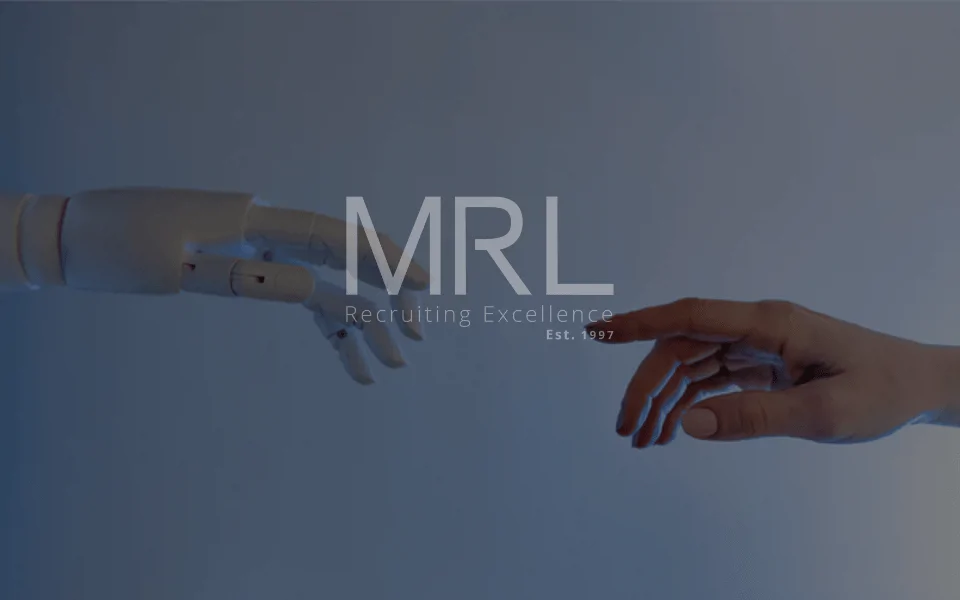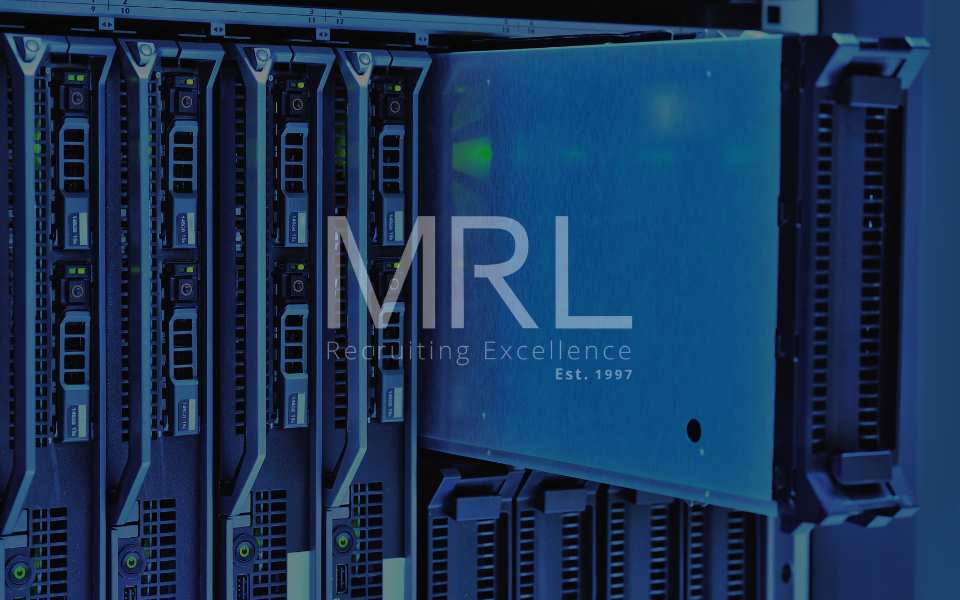What are the Pharma technology trends to look out for in 2023?
13 Mar, 20235 minutesWhat are the leading pharma technology trends for 2023?Developments and breakthroughs in the...

What are the leading pharma technology trends for 2023?
Developments and breakthroughs in the pharma industry are driven by both technological advancements and challenges that need to be overcome. Both feed off one another; challenges create a drive for innovation which leads to technological advancements. Likewise, advancements in technology create breakthroughs that can be applied to pharma.
Advancements in the form of digital transformation have been the most beneficial in big pharma, and include the likes of artificial intelligence (AI), big data, blockchain, and other data science developments.
These trends have influenced various aspects of the pharma industry, ranging from clinical trials and pharmacovigilance to operations and supply chains. Some of the most noticeable developments being seen include the creation of new and decentralized clinical trials, enhanced patient experience, emerging technologies, increased transparency and efficiencies, as well as integrated supply chain networks.
How is AI being used in the pharmaceutical industry?
Many notable figures in the pharma industry have highlighted the impact AI is having on pharma technology, which is being harnessed across several areas ranging from discovery to development.
AI is being used to identify new drug targets, design novel molecules, and predict the pharmacological properties of drugs based on patient response markers. This can speed up the drug discovery process, while also making it more cost-efficient, and can lead to the development of more effective and safer drugs.
AI is also being used to optimize clinical trial design, predict patient outcomes, and identify patients who are most likely to benefit from a particular treatment. This can help reduce the time and cost of clinical trials and increase their success rates.
Another area of the pharmaceutical industry that is benefiting from the implementation of Ai is pharmacovigilance, or drug safety, which has grown in significance since the thalidomide tragedy in the 1960s.
AI can also be used to monitor drug safety by analyzing adverse event reports and other sources of data. This can help identify potential safety issues earlier and improve patient safety.
Finally, artificial intelligence is also being harnessed to optimize the supply chain of big pharma companies, which can be done by predicting demand, improving inventory management, and reducing waste. This can help ensure that patients have access to the medications they need when they need them.
Big data’s contributions to the pharma industry
The pharmaceutical industry creates endless volumes of data throughout its processes. However, it's imperative that this data can be accurately captured, analyzed, used, and protected.
One of the biggest ways big data is influencing the pharma industry is through real-world evidence. Data analytics is being used to analyze real-world patient data, including electronic health records, claims data, and patient-generated data. This can help provide insights into the safety and effectiveness of drugs in real-world settings and inform clinical decision-making.
As with AI, big data is being employed in the areas of drug development and supply chain optimization. During drug development, significant volumes of preclinical and clinical trial data are produced. This can highlight patterns and relationships that can lead to the discovery of new drug targets and the optimization of drug development processes. Similarly, data analytics can also benefit the supply chain process through effective inventory management, demand predictions, and waste reduction.
The use of data analytics also extends to analyzing patient data, which incorporates genetic information and medical histories to formulate individualized treatment plans. This approach aids in identifying patient subgroups that are more likely to respond positively to specific treatments, leading to better patient outcomes.
Blockchain in pharma
Blockchain can benefit the pharma industry in numerous ways, such as streamlining production and distribution, enhanced transparency and security, as well as quicker research and development. It even has the potential to track counterfeit medications from reaching patients.
However, widespread adoption of blockchain technology in the industry will require significant investment and collaboration between stakeholders, including pharmaceutical companies, regulators, and healthcare providers.
Challenges of pharma healthcare technology
The pharmaceutical industry faces numerous challenges, such as:
- Supply chain disruptions - Many people may attribute supply chain disruptions to Covid. However, these issues have persisted in the pharma industry for several years already due to factors such as shifting demand, geopolitical tensions, and economic challenges.
- Demand for digital expertise - Digital technologies such as AI, advanced data analytics, cloud computing, and process automation have the power to radically improve the operation efficiency of the pharma industry. However, there is a lack of digital expertise available to enable this transformation, which means that there are various opportunities for a career in the life sciences and pharma industries.
- Transparency - This has always been an extremely important factor in the pharmaceutical industry. However, in this case, transparency refers to the sharing of information. The data results that come from research and development can be extremely valuable, providing insights for various parties. This was seen during the pandemic when information was shared regarding vaccines.
- Data security - As pharmaceutical companies shift towards increased digitization, so too does their risk of data security increase. The biggest challenges arise from data storage and management, especially as the internet of things and big data use continues to grow.
Conclusion on pharma technology trends
The pharmaceutical industry is continuously evolving, driven by the integration of advanced technologies. The implementation of artificial intelligence, big data, and blockchain is transforming various aspects of the industry, creating new opportunities for drug development, supply chain management, and patient outcomes.
Additionally, the industry continues to face challenges that hinder its ability to move forward and fully embrace technological advancements. For pharma technologies to be successfully implemented, there will need to be significant collaboration and investment from various stakeholders. The coming years will undoubtedly be exciting for the pharmaceutical industry, and we can expect to see even more significant technological advancements in the years to come.
Our Life Sciences team are poised to help candidates find the next step in their career with some of the most exciting companies in the industry, and proactively utilise their network to find clients the best professionals on a global basis.
If you'd like to talk to one of our consultants, please email us on lifesciences@mrlcg.com and we'll get in touch.





